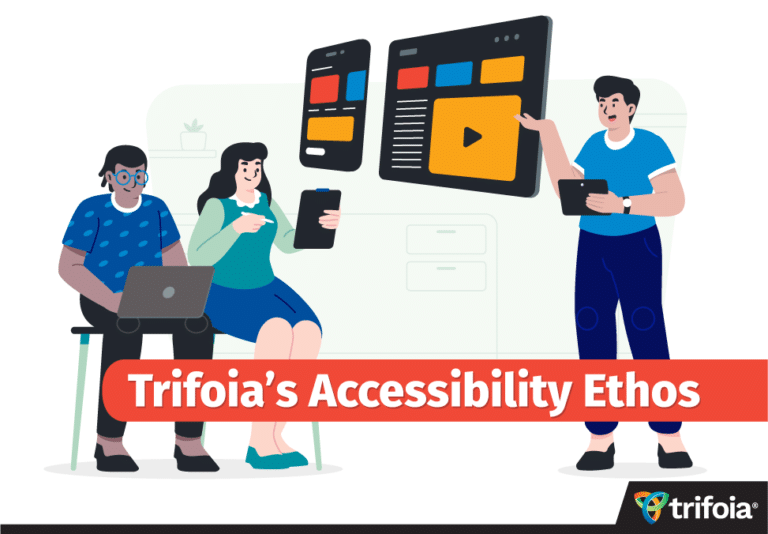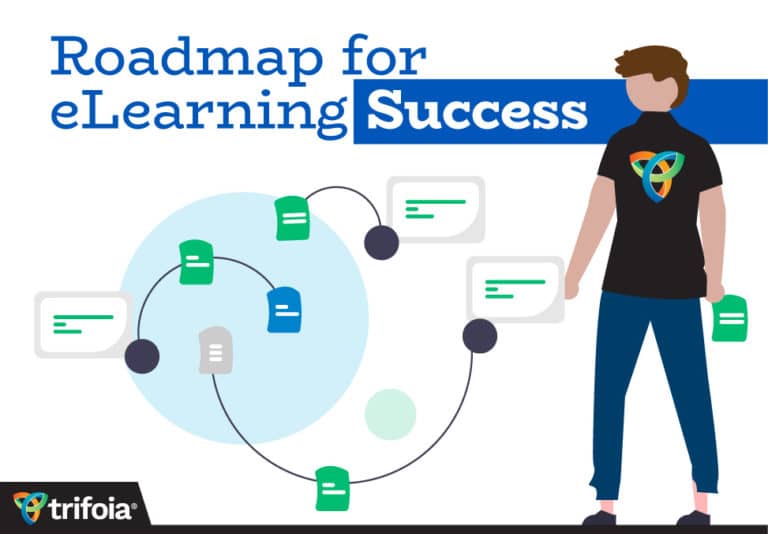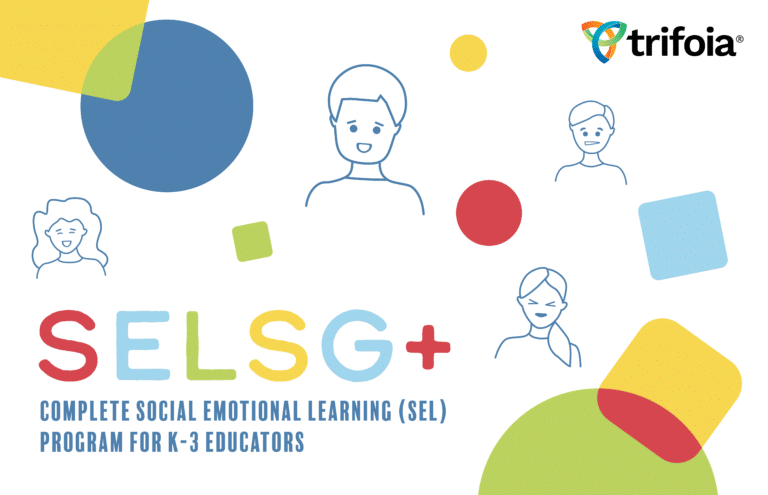Discipline in early childhood education is not applied to all children the same. In fact, there are vast inequities across our country. The United States Department of Education’s most recent data collection shows that boys and children of color are disciplined at a much higher rate compared to girls and white children.
This is concerning. It means that children are deprived of the opportunity to benefit from early childhood education because they are being disproportionately denied access through suspensions and expulsions. Research tells us that most young children engage in the same behaviors, however, the consequences for those behaviors are different based on the child’s race and gender.
Trifoia worked with experts from The Pyramid Equity Project to create a two-hour online course that focuses on culturally responsive practices for preschool teachers and other educators. The purpose of this course is to examine why the disparities exist, to learn techniques and strategies to address inequities, and provide strategies to ensure the best outcomes for all children.
Course Background & Overview
Pyramid’s Reducing Implicit Bias online course is written and presented by Dr. Rosemarie Allen. Dr. Allen has 40 years of experience in the field of early childhood education, and is currently serving as an Assistant Professor at Metropolitan State University of Denver and President and CEO of the Institute for Racial Equity and Excellence. The project was a collaboration with the University of South Florida, the University of Colorado Denver, and the PBIS Center, with Preschool Development Grant national activity funding.
Here’s the idea behind this course: Culturally responsive practices are an important component of social-emotional development. A child can’t grow, learn and enjoy school when he doesn’t feel safe or thinks that his teachers don’t like him. And kids are quick to notice when things aren’t fair.
Children learn and develop in the context of their family, culture, and religion. They learn values, understandings and expectations within this context. Educators need to understand and be responsive to each child’s unique culture to understand and promote the child’s development. It’s also important to establish reciprocal relationships with families. Using culturally responsive practices helps schools and classrooms ensure that their behavioral expectations are aligned with those of the family and community.
Get the Reducing Implicit Bias Course Today
The underlying foundation for this work is developing authentic relationships with children and families, the foundation of the Pyramid Model. This program can help reach all children, reduce the numbers of boys and children of color who are suspended and expelled from early childhood programs, and reduce and eliminate achievement and opportunity gaps.
The Reducing Implicit Bias eLearning course is available through Pyramid Model Consortium’s online training portal, along with the rest of PMC’s early childhood education catalog. Visit to learn more about the Pyramid Model and how to leverage it in your classroom today.
Thank you to Dr. Rosemarie Allen for her collaboration on this post.






